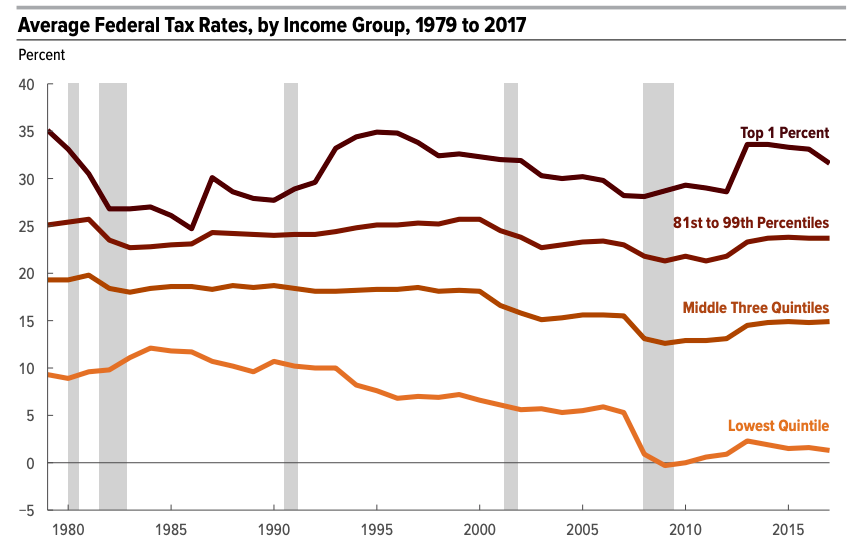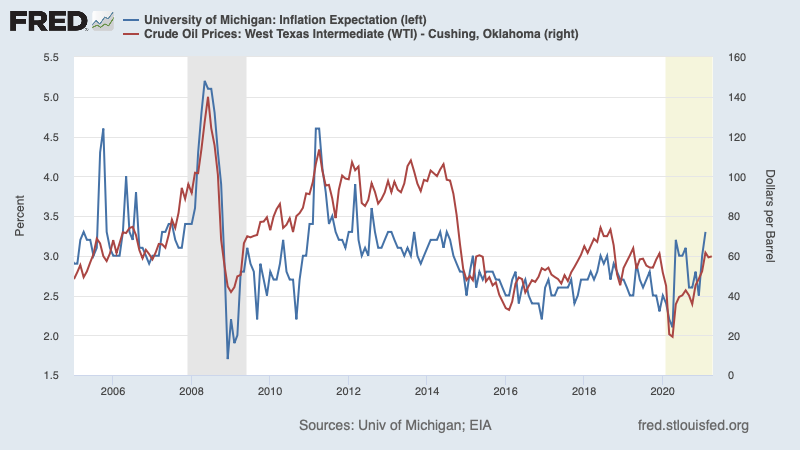
The Census confirms what we already basically knew: stalling population growth. Especially striking if you look at prime working years 1/ 
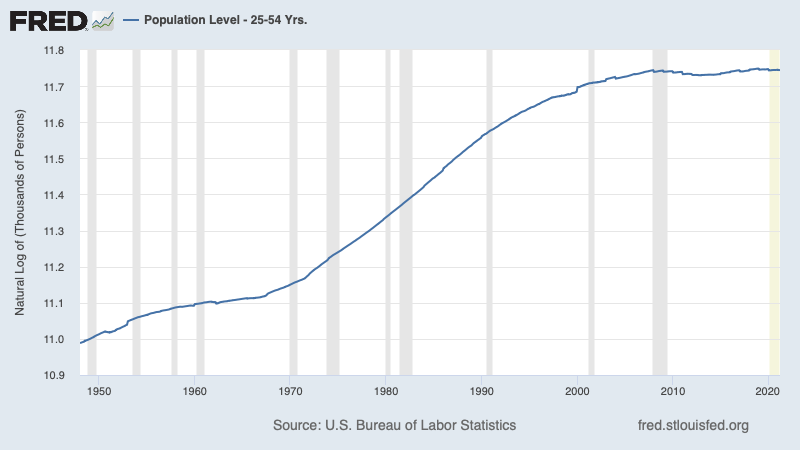
But isn't less population pressure on the environment a good thing? Yes, in some ways. But given how we run our economy, two big problems. First, fewer workers to take care of seniors 2/ 
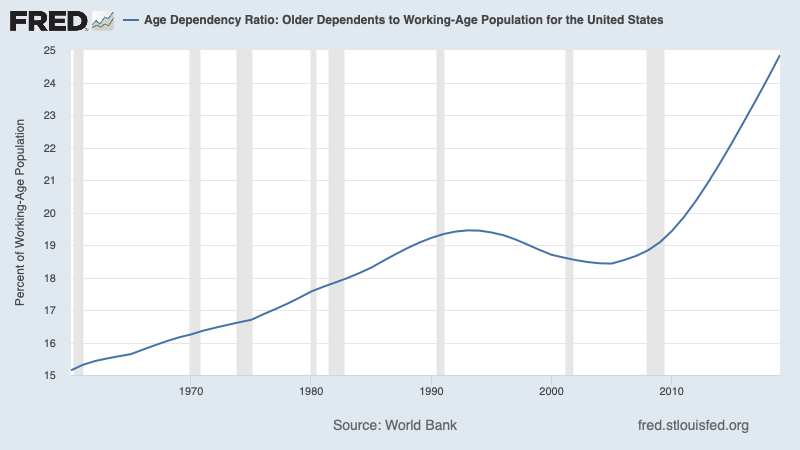
Second, reduced investment demand, which pushes interest rates down, which in turn makes it hard to fight recessions (10-year rate minus 3-year average core inflation) 3/ 
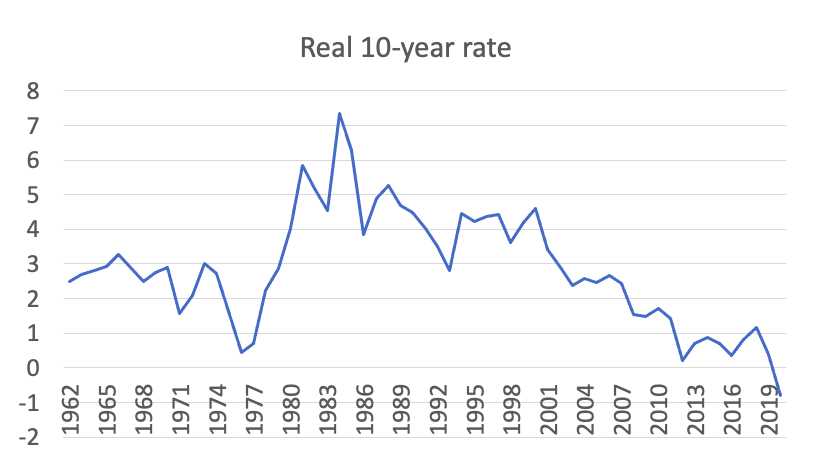
Public investment can help with the second point, but not the first. If only there were lots of young working-age people outside the US eager to move here ... 4/
• • •
Missing some Tweet in this thread? You can try to
force a refresh


